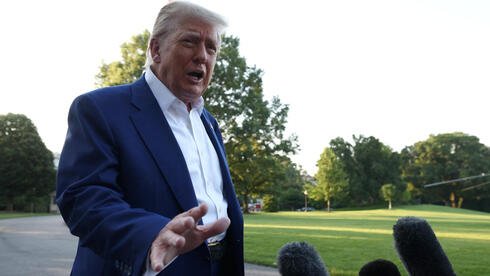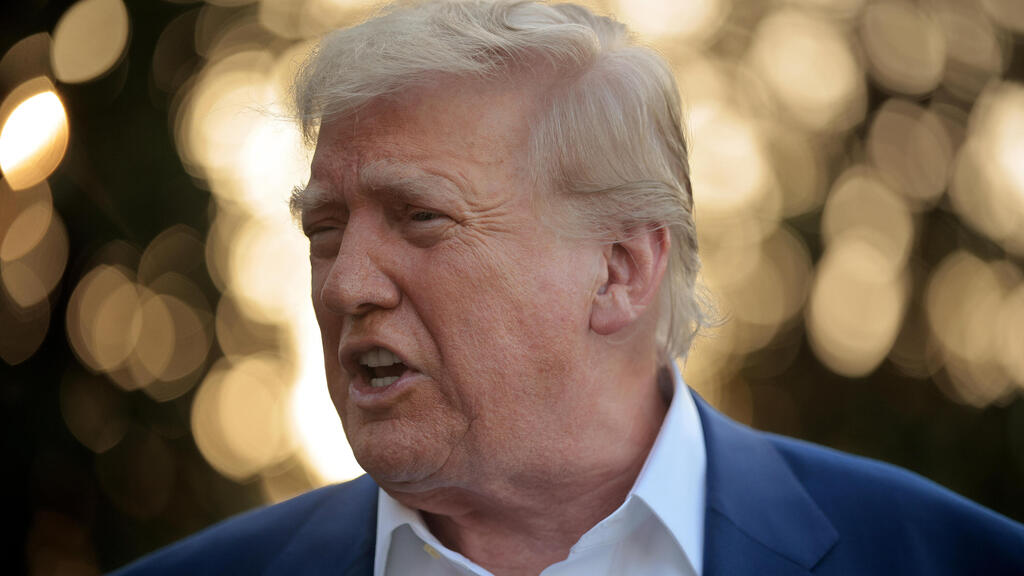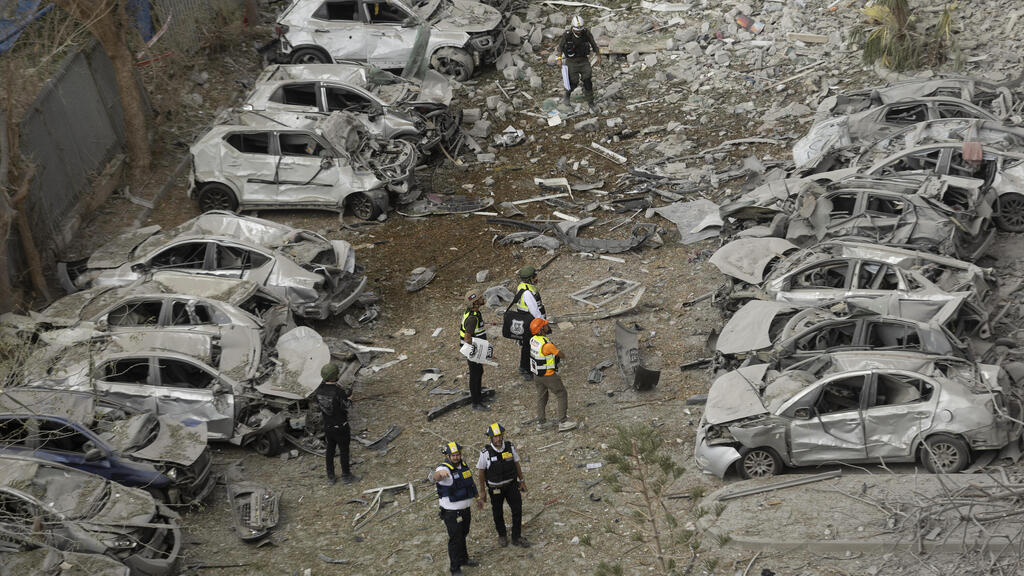"I'm unhappy if Israel is going out this morning because of one rocket that didn't land, that was shot perhaps by mistake, but didn't land," Trump said before boarding Air Force One en route to a NATO summit in the Netherlands.
U.S. President Donald Trump on Israel-Iran ceasefire
(Video: Reuters)
On his social media platform Truth Social, Trump addressed Israel directly: " ISRAEL. DO NOT DROP THOSE BOMBS. IF YOU DO IT IS A MAJOR VIOLATION. BRING YOUR PILOTS HOME, NOW! DONALD J. TRUMP, PRESIDENT OF THE UNITED STATES."
He added, "ISRAEL is not going to attack Iran. All planes will turn around and head home, while doing a friendly “Plane Wave” to Iran. Nobody will be hurt, the Ceasefire is in effect! Thank you for your attention to this matter! DONALD J. TRUMP, PRESIDENT OF THE UNITED STATES."
Israeli officials were appalled at Trump's remarks, having earlier claimed coordination with Washington and a "green light" to respond to Iranian ceasefire breaches. Trump, apparently unaware of these discussions, was angered. Israeli sources said earlier that the Air Force would strike only one target in Iran – a significant reduction from planned responses – to demonstrate Israel "didn’t fold."
Trump’s unprecedented public call to halt bombing – including accusations against Israel – represents the diplomatic cost of his decision to strike Iran’s nuclear sites. He wished to end the conflict following the extensive U.S. attacks on key Iranian nuclear targets, particularly the fortified Fordow facility.
Trump’s language echoes former President George W. Bush’s 2002 criticism of Israel’s siege of PLO leader Yasser Arafat’s Ramallah compound. Bush effectively ordered Israel to stop after images surfaced of an Israeli bulldozer threatening the compound.
In Israel, officials noted they were unsurprised by Iran’s violation. Prior to Trump’s statement, and ostensibly in coordination, the political echelon had instructed the IDF to prepare a "significant response" following a day of massive strikes across Iran that reportedly killed hundreds of Basij personnel. A security source criticized the rush to a ceasefire without finalized details as "naive and misunderstanding an enemy seeking our destruction."
Another security official estimated Israel’s response might prolong the war "by a day or two," but unlikely extend it another week, stressing "we need to see how Iran reacts." Trump had announced the ceasefire overnight, surprising some close advisors.
He said Iran would cease fire at 07:00 a.m. (local time), with Israel following 12 hours later. However, both nations were expected to halt hostilities at 07:00 a.m. Iran launched missiles at 07:11 and 10:30 a.m. (Israel time), while claiming Israel struck around 08:30 a.m. (Israel time).
Seconds after the Iranian launches, Finance Minister Bezalel Smotrich said that "Tehran will tremble." Defense Minister Israel Katz then announced this constituted a ceasefire violation and instructed the IDF to "respond with intense strikes against regime targets in the heart of Tehran."
IDF Chief of Staff Lt. Gen. Eyal Zamir confirmed in a situational assessment that strikes would resume: "In light of the severe ceasefire violation by the Iranian regime – we will attack forcefully."





